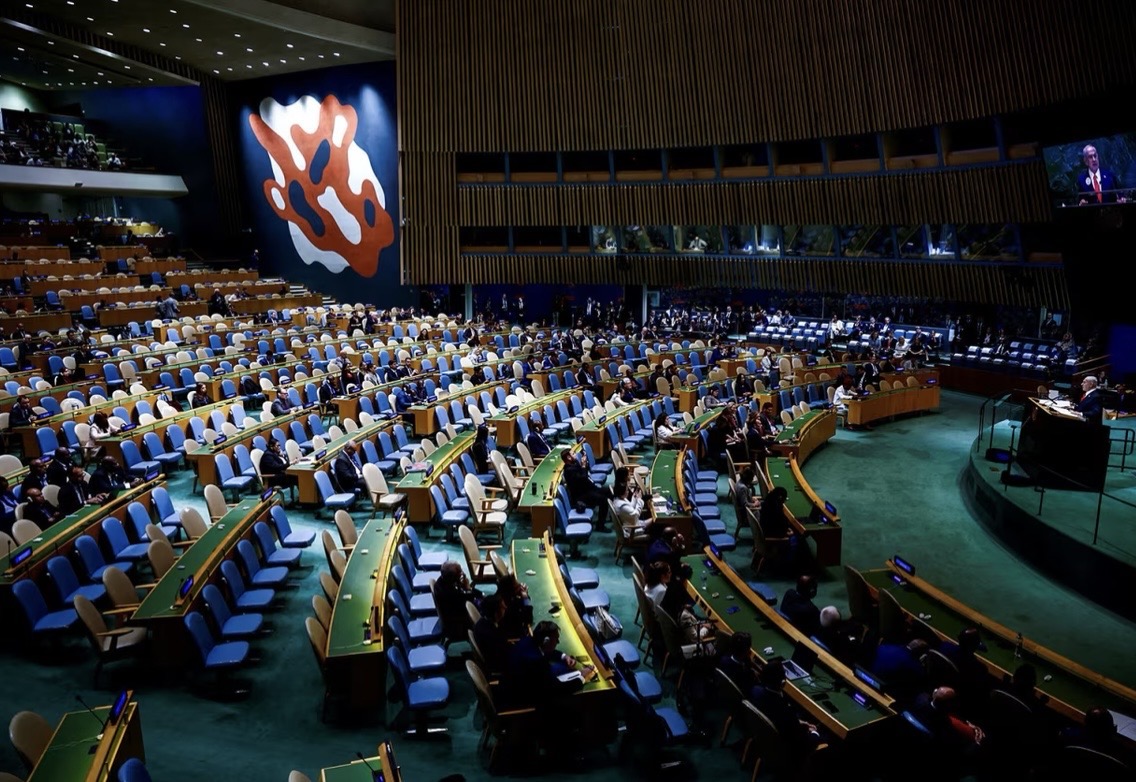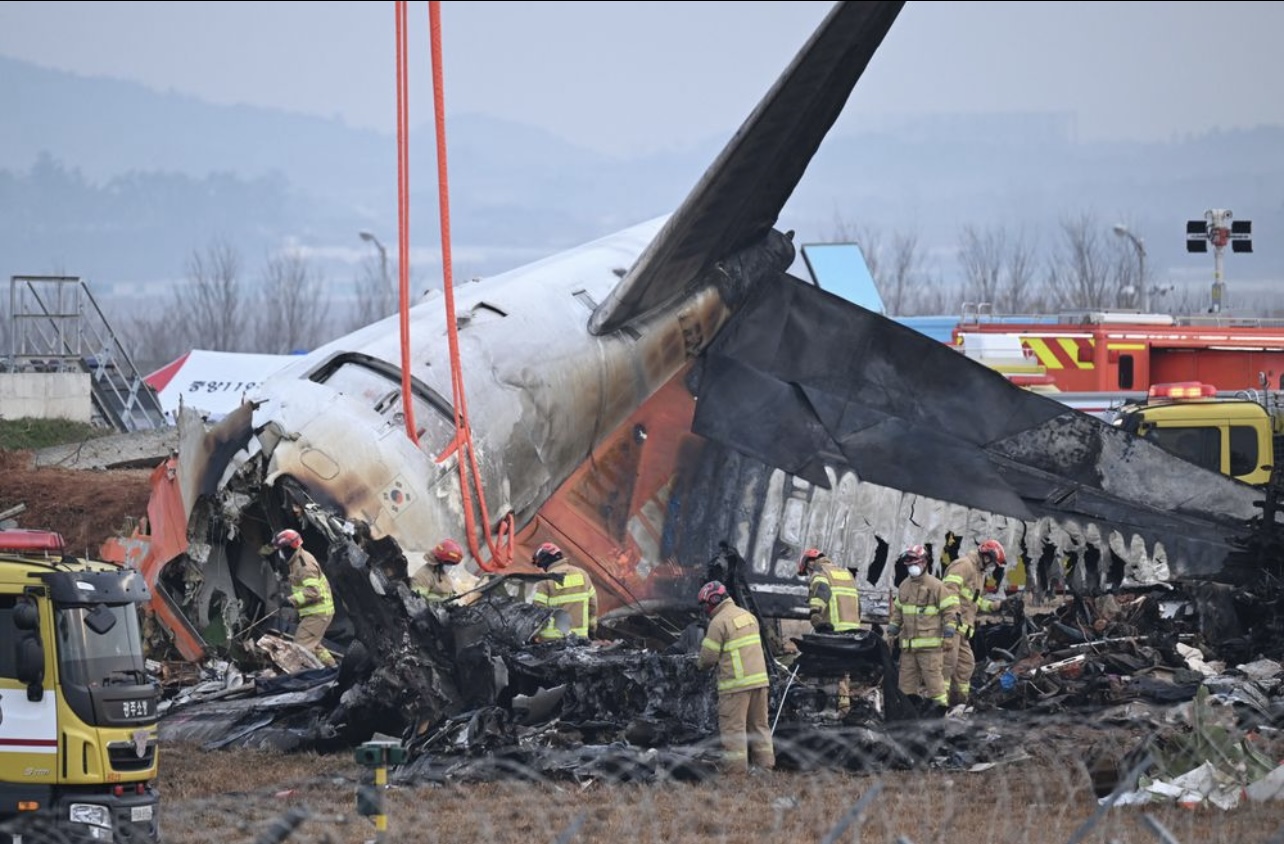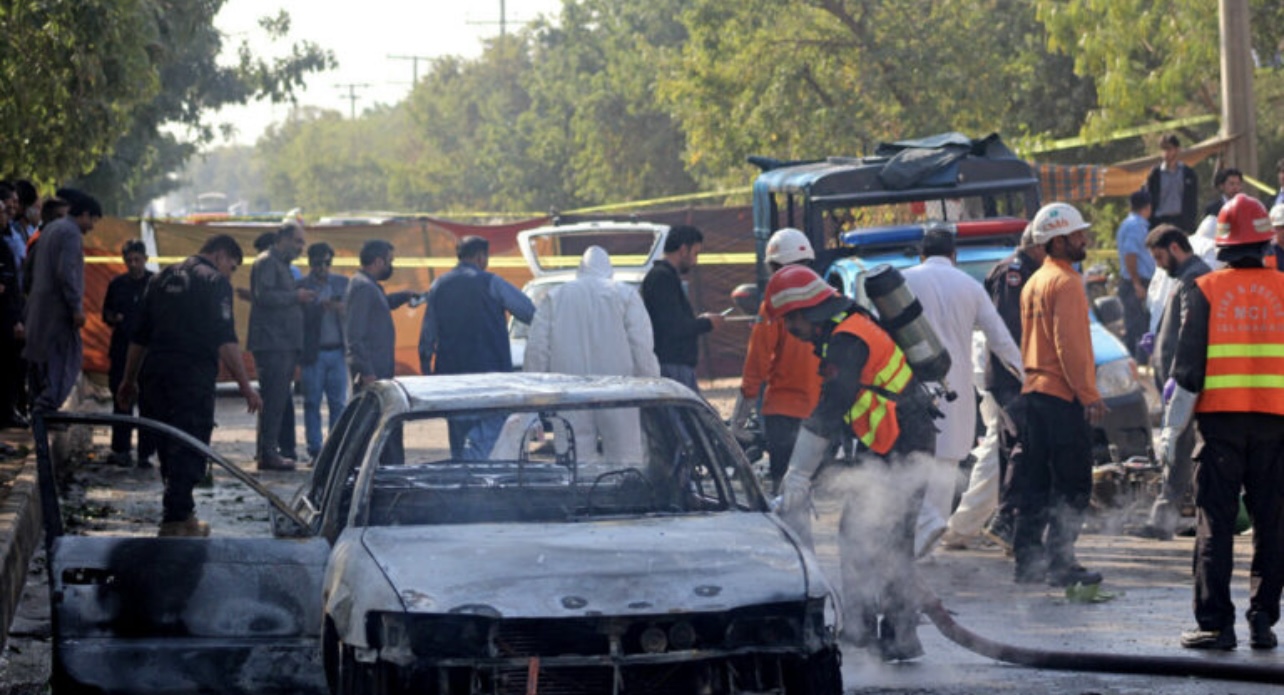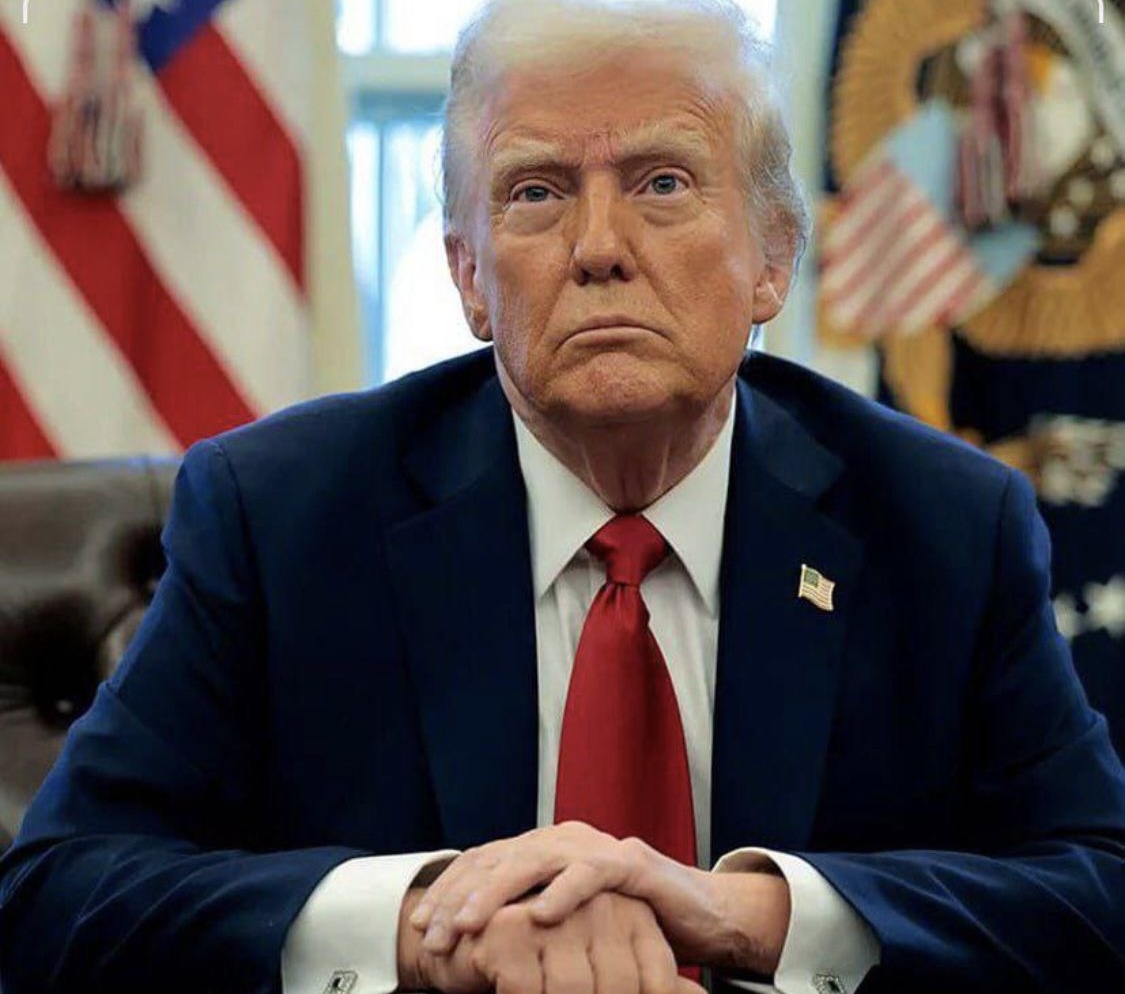Israeli Prime Minister Benjamin Netanyahu faced a mass walkout from dozens of United Nations delegates as he addressed the UN General Assembly on Friday, delivering a defiant speech that defended Israel’s offensive in Gaza and rejected recent international recognition of Palestinian statehood. Delegations from more than 50 countries staged the protest by leaving the General Assembly hall en masse, leaving many seats empty as Netanyahu vowed Israel would “finish the job” against Hamas in Gaza City.
The walkout reflected growing global anger over the scale of Israel’s campaign in Gaza, where forces have intensified operations in Gaza City in recent days. Reporters and analysts say the deeper urban offensive has produced mounting civilian casualties and widespread destruction, fuelling international concern and prompting the dramatic diplomatic gesture inside the UN. Humanitarian agencies warn conditions in the Strip are deteriorating as strikes and ground operations continue.
Netanyahu used his UN platform to cast the campaign as necessary to eliminate the “final remnants” of Hamas and to press his case against newly recognized Palestinian statehood by several Western countries, accusing them of rewarding terrorism. His remarks were controversial not only for their substance but also for their delivery: Israeli authorities reportedly broadcast the speech across the Gaza border using loudspeakers and said portions were played into the Strip, a move that drew fresh criticism for politicizing a speech amid active hostilities.

International responses to the walkout were swift. Diplomats and rights groups said the mass exit signalled deepening isolation for Israel at a moment of intense scrutiny over proportionality, civilian harm, and compliance with international humanitarian law. UN officials and many member states reiterated calls for urgent protection of civilians and increased humanitarian access even as political debate at the Assembly remained heated. Observers say the episode underlines how the Gaza war continues to fracture diplomatic consensus and is likely to intensify legal, political, and humanitarian battles on the world stage.



